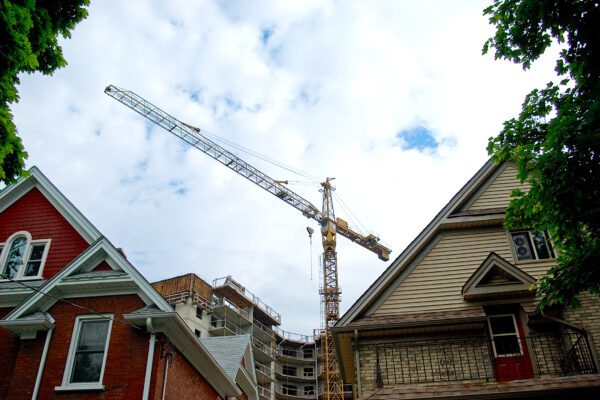AUSTIN, Texas —A study of almost 2 million U.S. residents across 199 cities shows that rising housing costs may drive increases in “openness” of character among residents of a city — all in well under a decade. The findings, published in the journal American Psychologist, indicate that increasing affluence can rapidly change a city’s personality by attracting certain types of newcomers and by changing the environment around established residents.
“What’s so striking about these findings is the speed of change,” said Samuel Gosling, a professor of psychology at The University of Texas at Austin who co-authored the study. “In less than a decade we’re seeing noticeable changes in the personalities of cities, and these changes will have a host of downstream consequences in terms of social, health and economic outcomes.”
The researchers tracked annual personality scores over nine years (2006-2014) and compared the data with local housing markets. They found that just a $50 rise in a city’s average monthly housing prices saw the characteristic of “openness”— being curious, imaginative and open-minded — increase significantly among residents relative to other U.S. cities.
Changes in housing prices were associated with shifts in openness in cities such as New York and Chicago, where the trait was already high compared with the rest of the country. In San Francisco, famous for its open-minded residents, citywide levels of openness rose sharply over the nine-year period, as average monthly housing costs jumped by almost $200.
Openness is one of the Big 5 major personality traits and captures levels of curiosity and creativity. As part of the study, the researchers analyzed all major personality traits, such as neuroticism and extroversion, but only openness was connected to housing costs. Importantly, the price of housing appears to drive local culture, but not vice versa: Increases in openness did not predict more expensive housing.
Previous research has shown that housing prices largely reflect the prevalence of social amenities such as restaurants, coffee shops, sports venues, green spaces and well-performing schools. The study’s authors said that greater access to these types of amenities is particularly appealing to open-minded people, and that it therefore helps to drive local cultures of openness.
The psychologists investigated two main ways that house prices and associated amenities are linked to personality shifts within urban populations.
“Selective migration” is when certain types of people move to cities or neighborhoods, having been attracted by the local culture. “Social acculturation” refers to changes in individual personalities, in this case through exposure to both new amenities and more open-minded neighbors.
The study showed both factors at play: Rising housing costs predicted a significant increase in openness among both established and newcomer populations in cities across the U.S.
“Theorists going back to Karl Marx have argued that economic development drives national shifts in personality and culture,” said Friedrich Götz, lead author of the study and assistant professor of psychology at the University of British Columbia. “We can now see how rapidly those changes occur in smaller and more nimble communities such as cities, where major cultural shifts can be experienced in just a few short years, rather than decades or centuries.”
The study authors point to cities such as Pittsburgh. Once home to blue-collar industry, it was devastated by the manufacturing collapse in the 1970s. But by the mid-1980s, it had become a hub for medicine and higher education — leading to rising housing costs and a cultural transformation that continues to attract the young and open-minded.




